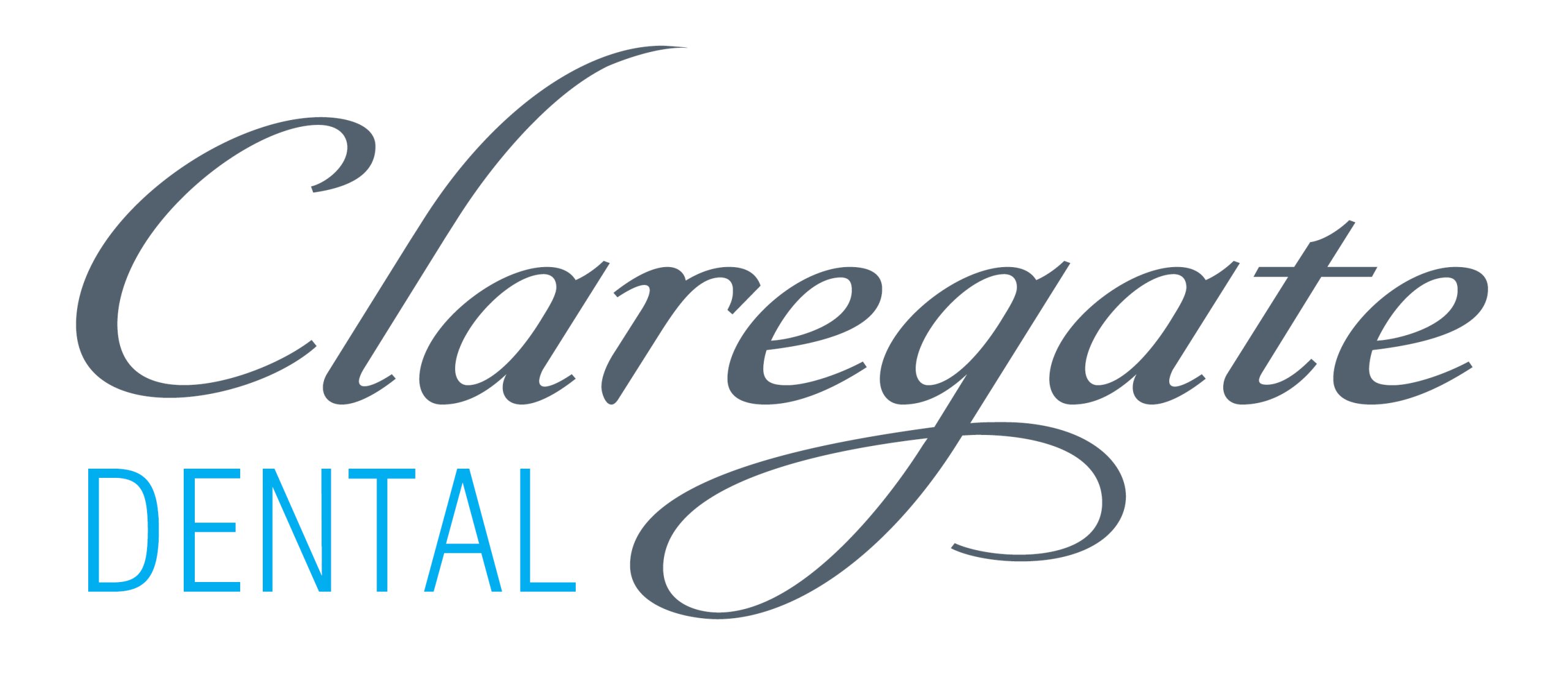Get in touch with our expert team today. 01902 754 525.

How Serious Is Gum Disease?
Understanding Gum Disease: What You Need to Know
Gum disease, also known as periodontal disease, is a common condition that affects the tissues supporting your teeth. It begins with plaque, a sticky film of bacteria that forms on the teeth and along the gum line. If plaque is not removed regularly, it hardens into tartar, which irritates the gums and leads to inflammation and infection. Although gum disease often starts with mild symptoms, it can progress into a serious condition that causes tooth loss and affects overall health.
Many people are unaware they have gum disease because it can develop slowly and painlessly. However, early detection and treatment can prevent permanent damage. With proper care, good oral hygiene, and regular dental check-ups, gum disease is both preventable and manageable.
The Stages of Gum Disease
Gum disease develops gradually, beginning with gingivitis. At this stage, the gums become inflamed due to plaque buildup. You may notice redness, swelling, or bleeding when brushing or flossing. Gingivitis is the only stage that is fully reversible, and professional cleaning combined with improved oral hygiene can restore gum health.
If gingivitis is not treated, it can progress to periodontitis. This occurs when bacteria spread below the gum line, causing the gums to pull away from the teeth and form pockets. These pockets trap bacteria and make the infection worse. Over time, the bone supporting the teeth can begin to break down.
As the disease advances, symptoms become more severe. Gums may recede further, teeth may feel loose, and bad breath may persist. In advanced periodontitis, the supporting bone can be severely damaged, and teeth may shift or fall out. Treatment at this stage is more complex, which is why early care is essential.
Signs and Symptoms to Watch For
Gum disease often develops quietly, but there are warning signs that should not be ignored. Bleeding gums during brushing or flossing are one of the earliest and most common symptoms. Healthy gums should not bleed regularly. Red, swollen, or tender gums are also signs of inflammation.
Persistent bad breath is another warning sign, caused by bacterial buildup below the gum line. As the condition progresses, gums may begin to recede, making teeth appear longer than usual. Some people may also notice loose teeth, discomfort when chewing, or changes in how their teeth fit together.
Because symptoms can be mild in the early stages, regular dental check-ups are essential. Dentists can identify gum disease before it becomes serious and recommend appropriate treatment.
How Gum Disease Affects Your Overall Health
Gum disease is not just an oral health problem. Research has shown that it is linked to several general health conditions. The bacteria from infected gums can enter the bloodstream and contribute to inflammation in other parts of the body.
There is a strong connection between gum disease and heart disease, as inflammation may increase the risk of cardiovascular problems. Gum disease can also make diabetes more difficult to control, while diabetes itself increases the risk of developing infections, including periodontal disease.
In addition, gum disease has been associated with respiratory infections, pregnancy complications, and other inflammatory conditions. These links highlight the importance of maintaining healthy gums as part of protecting your overall health.
Risk Factors for Gum Disease
Several factors can increase your risk of developing gum disease. Poor oral hygiene is the most common cause, as plaque buildup leads directly to infection. Smoking is another major risk factor, as it weakens the immune system and reduces the body’s ability to heal.
Certain medical conditions, including diabetes, can increase susceptibility to infection. Hormonal changes, such as those during pregnancy or menopause, can make gums more sensitive. Age also plays a role, as gum disease becomes more common over time.
Lifestyle factors such as poor nutrition, stress, and teeth grinding can also contribute. While some risk factors cannot be controlled, maintaining good oral hygiene and attending regular dental visits can significantly reduce your risk.
Prevention: Protecting Your Gum Health
Preventing gum disease begins with good daily oral hygiene. Brushing your teeth twice a day with fluoride toothpaste removes plaque and helps keep gums healthy. Flossing daily is equally important, as it removes plaque from between the teeth and below the gum line, where toothbrushes cannot reach.
Using an antibacterial mouthwash can help reduce harmful bacteria and support gum health. Maintaining a balanced diet rich in vitamins and minerals strengthens the immune system and helps the body fight infection. Drinking plenty of water also helps wash away bacteria and supports saliva production, which naturally protects the mouth.
Regular dental check-ups and professional cleanings are essential for prevention. Dentists can remove tartar that cannot be removed at home and identify early signs of gum disease before they become serious.
Treatment Options
The treatment for gum disease depends on its severity. In the early stages, professional cleaning may be enough to remove plaque and tartar and allow the gums to heal. Improving daily oral hygiene is also an important part of treatment.
For more advanced cases, deep cleaning procedures such as scaling and root planing may be required. This involves removing bacteria from below the gum line and smoothing the tooth roots to help the gums reattach. In some cases, antibiotics may be used to control infection.
Severe gum disease may require more advanced treatments to restore gum and bone support. However, early treatment is always simpler, less invasive, and more effective.
The Consequences of Untreated Gum Disease
If gum disease is left untreated, it can lead to serious long-term consequences. The infection can destroy the tissues and bone that support the teeth, eventually causing tooth loss. Receding gums can expose tooth roots, leading to sensitivity and increased risk of decay.
Untreated gum disease can also cause chronic bad breath, discomfort when eating, and changes in bite alignment. In addition, the inflammation associated with gum disease may contribute to broader health problems.
Beyond physical health, gum disease can also affect confidence and quality of life. Tooth loss and visible gum damage can impact appearance, speech, and comfort.
Maintaining Healthy Gums for Life
Gum disease is a serious but preventable condition. By maintaining good oral hygiene, attending regular dental check-ups, and seeking treatment early, you can protect your gums and teeth. Early care not only preserves your smile but also supports your overall health.
Taking gum health seriously is an important part of long-term well-being. With the right care and professional support, most people can prevent gum disease or manage it effectively, ensuring a healthy, confident smile for years to come.







